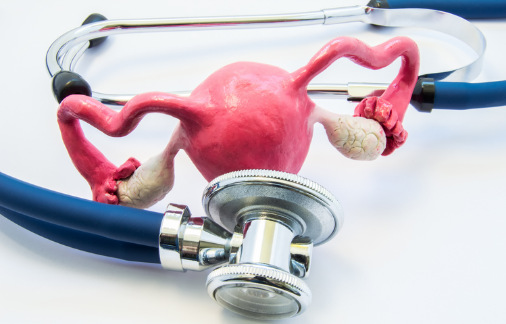Donor in ART

In donor assisted reproductive technology eggs, sperm, or embryos are donated by a third person or donor to enable an infertile individual or couple to become parents. Donor conception is a lifelong decision which requires an extensive process of consultation and discussion. We provide all the information required on opting for conception with donor assisted ART and help you explore the social and emotional considerations associated with it. ART can be done using three types of donors: Sperm Donation In sperm donation, the sperms provided by a male donor is used for inseminating the woman by means of ART. Sperm donors can be opted in situations of male infertility or when the male partner is a carrier of a serious genetic condition. The sperm donors undergo a series of screening tests for a variety of hereditary and medical conditions before donating to the sperm bank or direct donation. Egg Donation In egg donation , fertile eggs are retrieved from a healthy donor and used for





